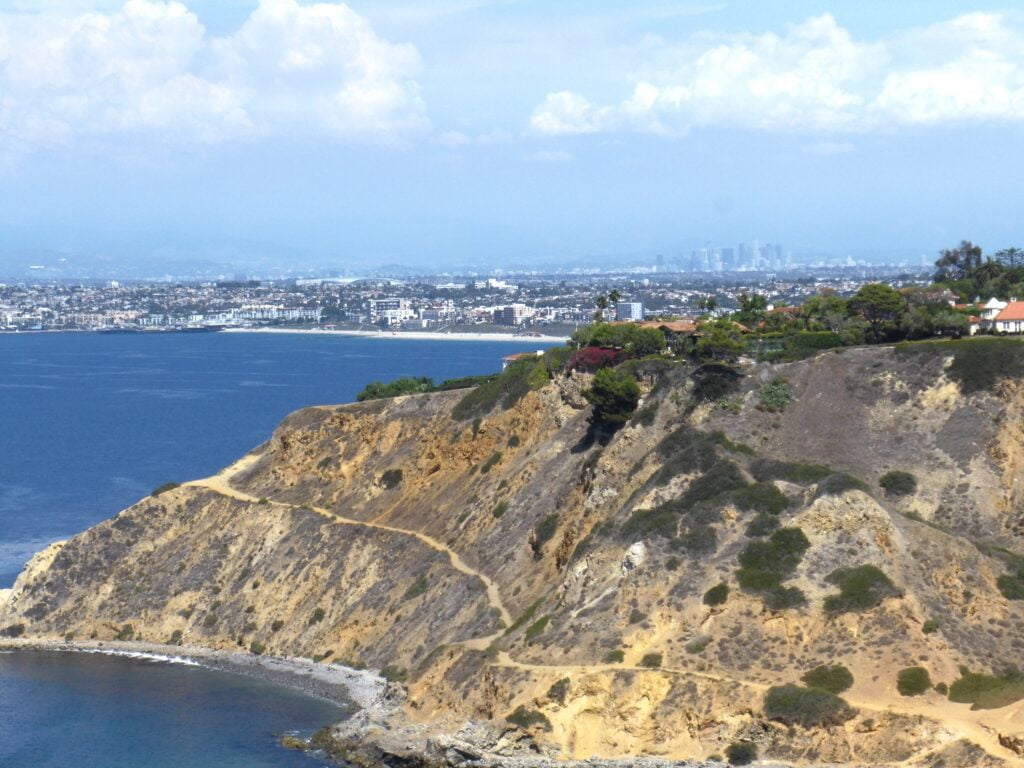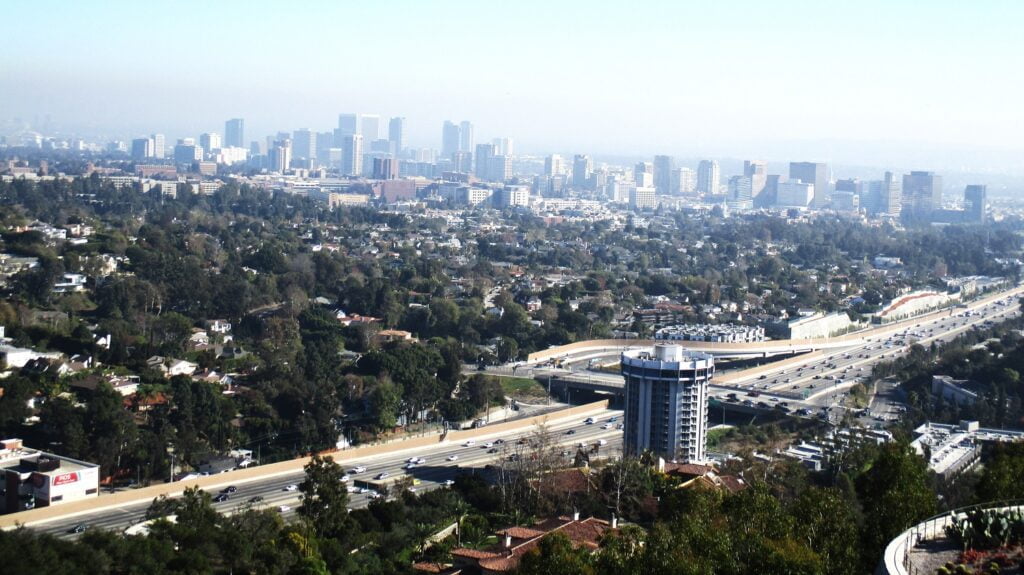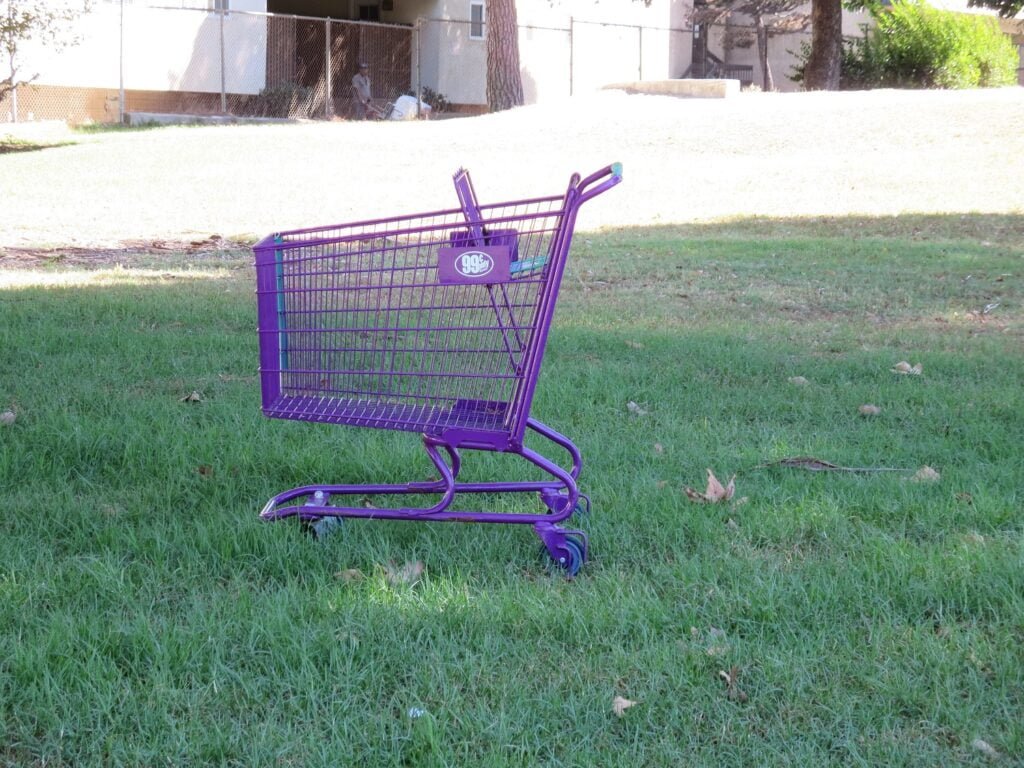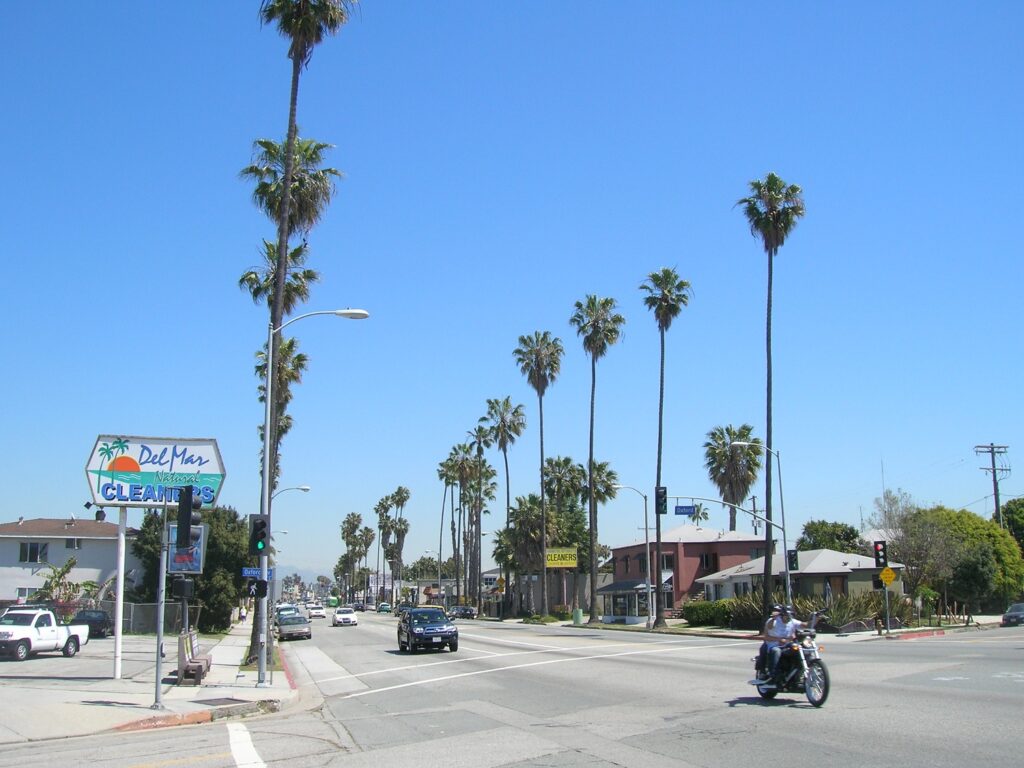Why haven’t we given trickle up economics a go? It’s well past time.
by Christina De La Rocha
Raise your hand if you think it might be time to give trickle up economics a go. Enough with handing out tax breaks and subsidies to big corporations and people with wealth and high incomes just to watch them fail to use these windfalls to create local jobs at all, much less those that pay living wages. Instead, let’s inject that money into the economy at the bottom and watch it spread to everyone.
It’s Time for Trickle Up Economics
The idea is simple. Governments could pass laws that would reduce income taxes and/or raise wages and salaries for everyone below a given threshold.
An effective one would be somewhat above a realistically drawn poverty line. This would target the people whose lives are hard in large part because they don’t have enough money. They spend essentially every penny of their income on food, housing, healthcare, childcare, and other basic necessities. Yet, what they are able to purchase, in terms of these fundamental goods and services, is also insufficient in ways that hold them back from being successful, healthy, and financially secure.
So, not only could their lives be better if their income went up, it their income were to go up by 10%, 20%, 30%, or even more, these people are probably not going to park that money in a savings account where it wouldn’t do much to stimulate the economy. They’re definitely not going to be investing it in relocating a factory to some part of the world where workers are paid even less money than they are here.
No, if the people on the bottom rung of the economic ladder have their incomes go up, they’re going to spend that money… on food, housing, healthcare, education, clothing, and—omigosh—entertainment and—horror of horrors—maybe even a vacation. And that’s the part of the rising tide that lifts everybody’s boats.


The Obvious Benefits
That extra vital spending is money, invested at the bottom, ends up trickling up to everyone else. Spreading out to everyone else is a better way to describe it. Increasing the incomes of people who don’t have enough money sends that money straight into the economy in general and often locally in particular.
As these people spend more money–buying clothes, going out to eat, or replacing old furnishings or appliances, for instance—business’ sales increase. This increases the business’ revenues and profits. That both motivates and enables businesses to hire more staff, thus creating more jobs. This is true even when those jobs now have to pay a true living wage.
Although a common refrain deployed against calls to raise the minimum wage is that small business won’t be able to afford it, studies of what has happened after hikes in the minimum wage have repeatedly shown that the increased revenue that the small businesses take in after a minimum wage hike (because the people earning the minimum wage now have more money to spend) more than offsets the increased cost of the raised wages.
Similarly, raising incomes at the lower end of the scale by decreasing the taxes on these incomes doesn’t end up depleting government coffers.
Quite the opposite turns out to happen, in fact. Just as with the businesses who earn more back in increased revenues than they paid in higher minimum wages, the government will more than earn back its tax cuts at lower tax brackets via increased tax revenues from the boom in business that generates greater total amounts of sales tax and taxes on businesses, as well as additional income tax revenue from the jobs that were created.

The Less Obvious Benefits
But it’s not just people with low incomes, businesses, and the government who will profit from an increase in incomes at the bottom of the economy. The rich will get richer, too. The increased economic activity at the bottom also results in greater capital gains at the top.
In fact, the wealthy can count on seeing enough of an increase in capital gains to more than offset any extra taxes they have been charged as part of an attempt to reduce income inequality. Indeed, this effect is so strong, barring some other action to reduce income inequality, increasing incomes at the bottom will paradoxically increase income inequality, even as it pulls the people at the bottom out of the misery of poverty.
But we’re not all heartless neoliberals. We don’t need to look at fiscal arguments alone for reasons to give trickle up economics a shot. We can also look at the moral reasons for raising minimum wages and changing tax structures so that people currently living in poverty can earn pay that a family can survive on comfortably.
Here’s one: people’s health is strongly linked to their incomes.
There are obvious reasons why. The more money you have coming in every month, the more you can afford to eat food that is actually good for you. You can also enroll in a better health insurance plan. You can afford to go visit the doctor. You can start to afford medications and medical care (unless you’re living in the USA, but that’s a whole other ridiculous injustice). You can move to a less polluted neighborhood and not be so sleepless and stressed about how you’re going to house and feed yourself and your family.
Here’s another good reason to raise incomes at the bottom: right now, in every single state of the USA, someone working a full-time job that pays the minimum wage does not make enough money to rent a typical 2-bedroom home (you know, the sort of home that is the bare minimum that you need if you’re going to raise a family).
In fact, someone working two full-time, minimum wage paying jobs still couldn’t manage it.
This helps to explain why, if you drive down the side streets and undeveloped areas of cities like Los Angeles right now, you will be shocked by the number of people sleeping unsheltered on the streets, in tents, in their cars, and in old, broken down buses and motorhomes. (although that link, if you click it, may take you to what is challenged as a grievous miscount of the current homeless population in Los Angeles).
Mental health problems and substance abuse certainly add to the problem, but ultimately it’s increasingly impossible to find an affordable place to live in LA unless you’re earning a lot more than the current minimum wage. Paying working people enough money so that they don’t have to live in their cars would almost certainly help to reduce the problem of homelessness in places where housing costs have skyrocketed.


Rational, Ethical, and Necessary
This wouldn’t be good only for the people stuck sleeping in tents, in cars, and on the streets. This would be good for the rest of the residents of the cities as well, who would like to have their parks back and would like not to have to be accosted for handouts when they walk down certain streets.
Honestly, making sure all jobs pay at least enough so people can afford to live in the city they’re working in would make those cities a better place for everyone who lives in them.
The more you think about it, the more you really wonder why haven’t we given trickle up economics a go (or at least not on a grand scale and in living memory). Why haven’t we tried this simple thing that would rev up the economy, increase incomes and standards of living across the board, improve the health of a huge swath of the population, and reduce the blight on cities and people’s lives that is homelessness. What are we waiting for? What have we got to lose except for all of these problems that we’d all like to see solved?